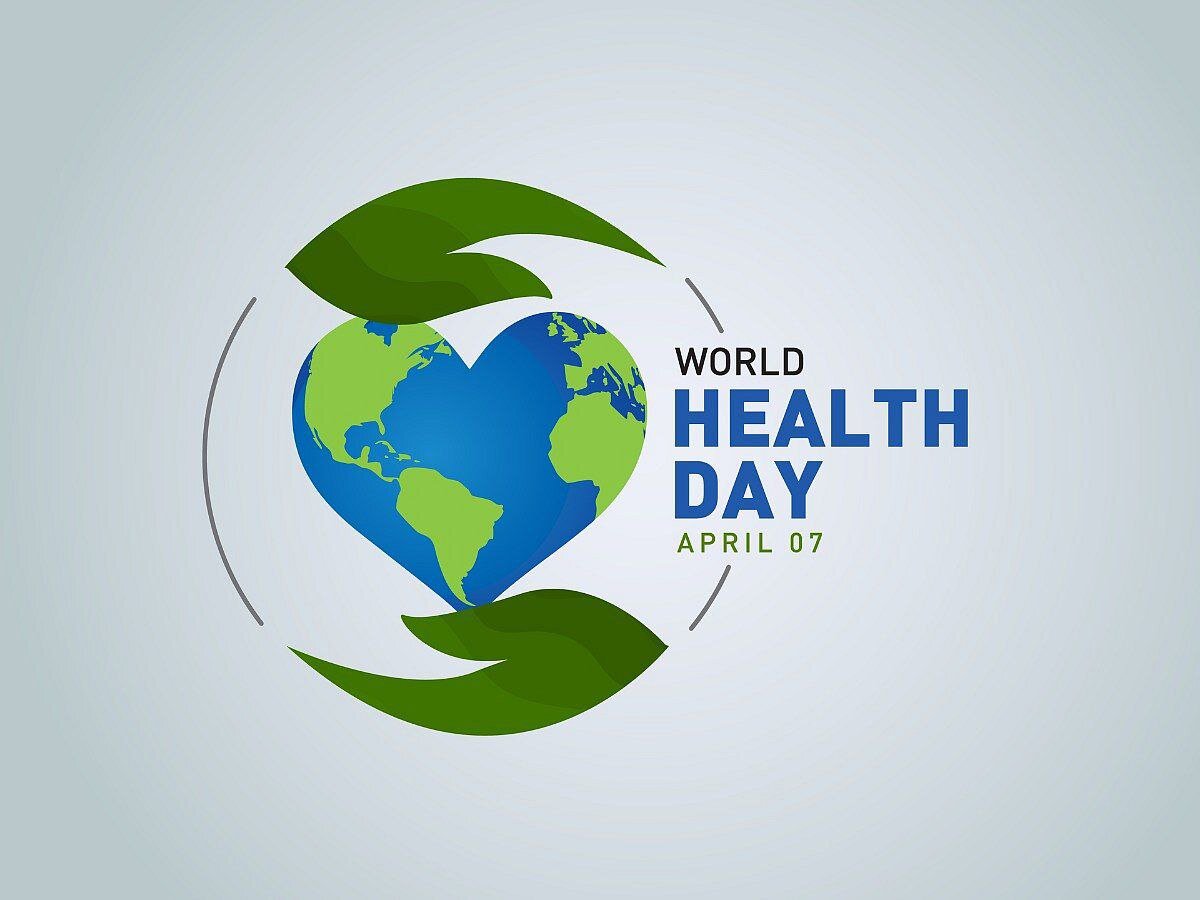World Health Day: healthy beginnings, hopeful futures

TEHRAN – Every year, World Health Day is celebrated on April 7 worldwide to mark the establishment of the World Health Organization (WHO) in 1948. The day aims to raise awareness of global health issues and mobilize forces to address them and improve public health.
World Health Day 2025 themed ‘Healthy beginnings, hopeful futures’ seeks to encourage governments and health communities to minimize preventable deaths of mothers and newborns by adopting initiatives that focus on mothers' and babies' survival, and prioritize women’s longer-term health and well-being.
WHO and partners will also share useful information to support healthy pregnancies and births, and better postnatal health.
Helping every woman and baby survive and thrive is a critical task. Tragically, based on currently published estimates, close to 300,000 women lose their lives due to pregnancy or childbirth each year, while over 2 million babies die in their first month of life, and around 2 million more are stillborn. That’s roughly 1 preventable death every 7 seconds.
Based on current trends, a staggering 4 out of 5 countries are off track to meet targets for improving maternal survival by 2030. 1 in 3 will fail to meet targets for reducing newborn deaths.
Women and families everywhere need high-quality care that supports them physically and emotionally, before, during, and after birth.
Health systems must evolve to manage the many health issues that impact maternal and newborn health. These not only include direct obstetric complications but also mental health conditions, noncommunicable diseases, and family planning.
Additionally, women and families should be supported by laws and policies that safeguard their health and rights. The main objectives of this year's campaign are as follows.
To raise awareness about gaps in maternal and newborn survival and the need to prioritize women’s longer-term well-being.
To advocate for effective investments that improve the health of women and babies.
To encourage collective action to support parents as well as health professionals who provide critical care.
To provide useful health information relating to pregnancy, childbirth, and the postnatal period.
According to the report of the United Nations Development Program, the life expectancy index at birth increased from 49.5 years in 1960 to 51.5 years in 1978. However, the report of the World Bank shows that after the Islamic revolution, the Iranians’ total life expectancy has increased by 25 years reaching more than 76 years now.
Increased access to improved health services in Iran has brought about a change in the pattern and occurrence of diseases which has by itself affected the number of deaths by infectious illnesses.
Statistics show that the raw mortality index in Iran from 13 deaths per 1000 births during 1970-1978 has decreased to five people now. Also, the mortality rate reduction among infants in the last four decades has been significant, it has lowered from 13,000 to 18 deaths currently.
In March 2024, Iran hosted an international congress on family health with a focus on the significant role of mothers in the family’s well-being.
World Physical Activity Day
The World Day for Physical Activity is celebrated every April 6. According to WHO, the day highlights the significance of physical activity and its impacts on physical and mental health.
Regular physical Activity plays a key role in preventing diseases, boosting daily energy, improving sleep quality, and maintaining cardiovascular function.
Simple activities such as taking a daily walk, taking the stairs instead of the elevator, or stretching at work can help enhance overall health. In addition to strengthening your immune system and muscles, these activities improve flexibility and reduce stress.
Physical activity is also directly linked to mental health, releasing feel-good hormones like endorphins that help reduce anxiety and depression, improve mood and boost self-confidence. Regular exercise acts as natural stress reliever, as well.
It is also one of the most effective and least expensive ways to prevent and control obesity and many chronic diseases, such as diabetes, high blood pressure, heart disease, stroke, and several cancers.
Physically active people are not only healthier, but also happier and more sociable. Inactivity and prolonged sitting are among the factors that contribute to developing chronic health problems. Every small movement is a big investment in health and well-being.
Leave a Comment